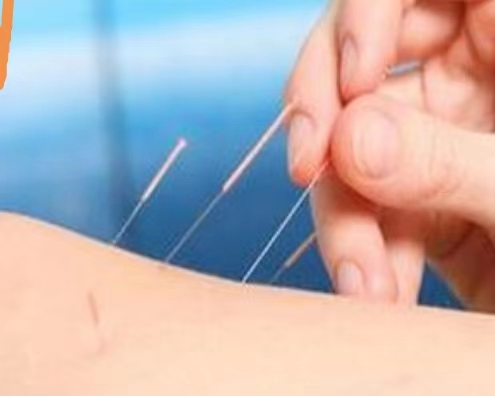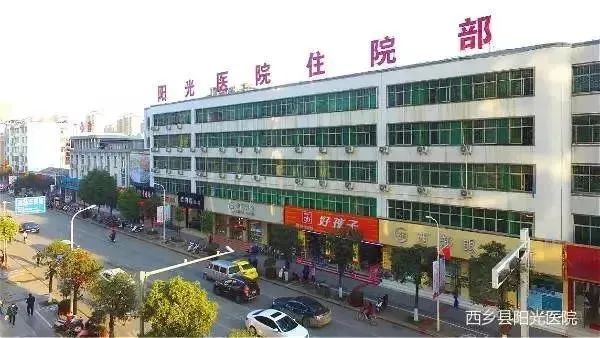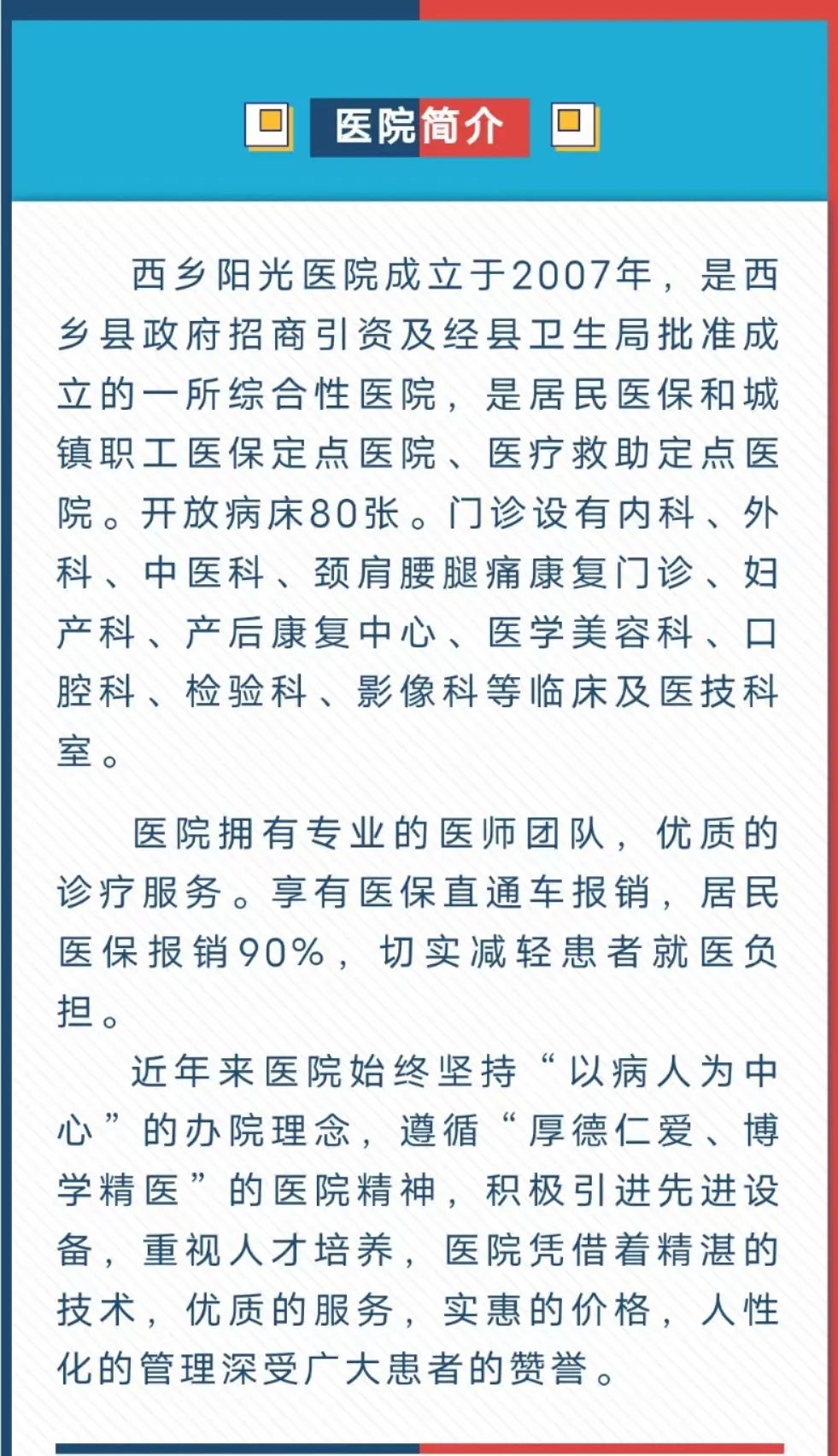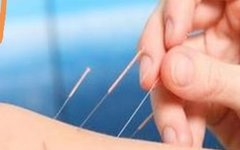Acupuncture is a method that uses needles and moxibustion to stimulate specific acupuncture points in the human body, activating the body’s disease resistance potential, enhancing immune function, and promoting self-repair capabilities, thereby achieving the goals of treating diseases and maintaining health. Acupuncture is widely used to treat various diseases, including pain-related conditions such as headaches, neck, shoulder, waist, and leg pain, as well as neurological disorders like insomnia, dizziness, and tinnitus, along with other conditions such as digestive system diseases and gynecological disorders.

The Effects and Functions of Acupuncture
01
Unblocking Meridians
Acupuncture can make the blocked meridians in our body become unobstructed. In TCM theory, meridians primarily function to circulate blood and qi (vital energy). If the meridians are obstructed, the circulation of blood and qi in the body will be hindered. This is often manifested as joint pain, numbness in the limbs, and other symptoms. After appropriate acupuncture treatment, the meridians can become unobstructed, allowing blood and qi to flow normally, gradually restoring the body to health.
02
Harmonizing Yin and Yang
The role of acupuncture in harmonizing yin and yang is to transform the body from a state of imbalance to a balanced state, which is the ultimate goal of acupuncture treatment. The mechanisms of disease occurrence are complex, but can generally be summarized as an imbalance of yin and yang. The harmonization of yin and yang through acupuncture is achieved by utilizing the yin and yang properties of the meridians, the combination of acupuncture points, and the techniques of needling.
03
Supporting the Right and Expelling the Evil
Within the human body, there are two types of qi: yang qi, which is considered the righteous, and yin qi, which is considered the evil. When a person’s yin qi is excessive, it can present a pathological state. The role of acupuncture in the body is to help yang qi combat yin qi, aiming to reduce yin qi and increase yang qi, achieving a balance of yin and yang, allowing the body to gradually exhibit a healthy trend and recover from disease.
Precautions for Acupuncture
1. Use with caution for those who are overly hungry or fatigued.
2. Acupuncture should be performed after resting and eating; otherwise, it may lead to fainting. Symptoms of fainting include sudden fatigue, dizziness, palpitations, shortness of breath, nausea, pale complexion, and cold sweat. If any of these symptoms occur, the patient should promptly inform the physician for management. Generally, patients can return to normal after resting in a supine position.
3. Patients should assume a comfortable and natural position during needling; otherwise, they may become fatigued during the retention of needles. During the retention period, the limbs should not move to avoid adverse outcomes such as needle breakage or displacement injuring tissues. Some patients may experience slight discomfort at the acupuncture point after needling, which usually disappears within a few hours.



Special Statement: 1. The content of this article is partially sourced from the internet; if there is any infringement, please contact for removal; 2. The medical knowledge contained herein is for reference only and should not be used as a basis for clinical diagnosis and treatment.

